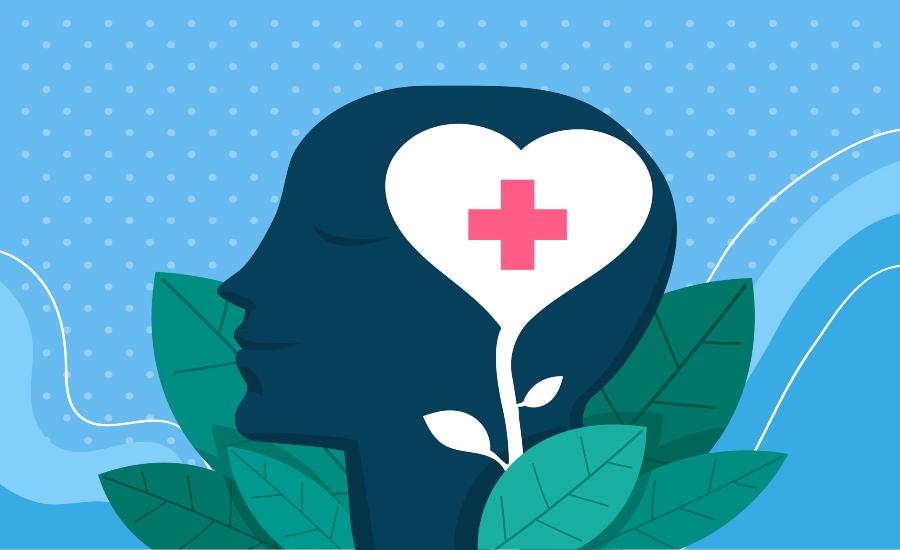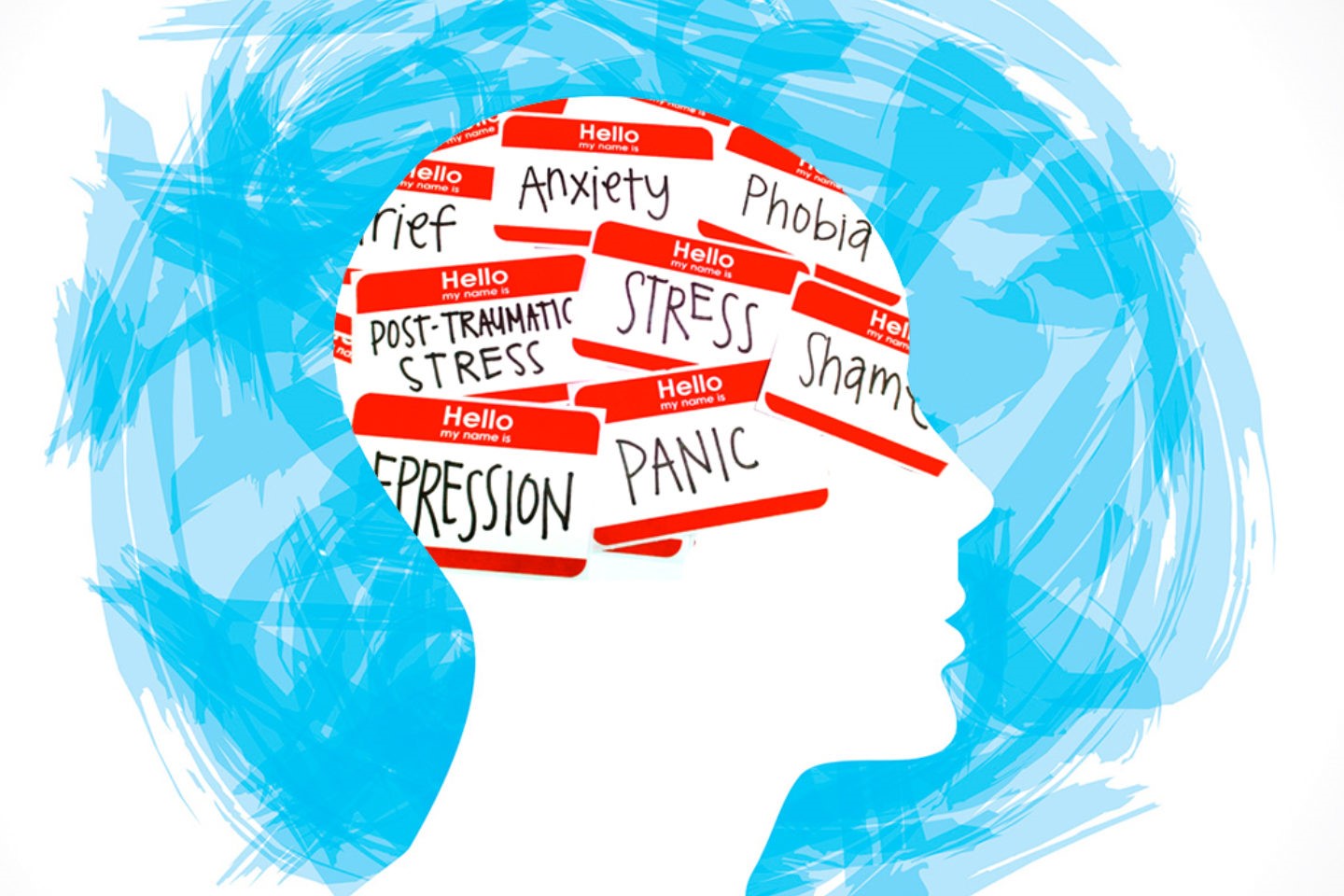By Ilias Siakaras,
First and foremost, we need to clarify a keyword regarding the topic which is cited as “mental health”, and the abnormality of it, the mental illness, which is called “mental health disorder”. According to the US Department of Health and Human Services, health is a dynamic condition of internal balance that allows people to utilize their talents in accordance with society’s universal ideals, as well as fundamental cognitive and social skills, such as the capacity to detect, express, and moderate one’s own emotions and sympathize with others. The first includes the ability to pay remember and organize information, problem-solving, decision-making, and the latter encapsulates the ability to use one’s own range of verbal/nonverbal abilities so as to communicate and interact with others. Regarding “stimulus”, it is an object or event that elicits a sensory or behavioral response in an organism. In this context, a distinction is made between the distal stimulus (the external, perceived object) and the proximal stimulus (the stimulation of sensory organs).
Furthermore, when it comes to such delicate issues, it is a duty to start from the beginning of human life. To elaborate, unchanging relationships at an early age encourage us to create a vital sense of who we are; our interactions with others are beneficial and expected relationships will create a safe environment for us in order to develop our identity. Many notable experts believe that negative childhood experiences are linked to misunderstandings about ourselves, which can lead to sadness, loneliness, and anxiety. Broadly speaking, reduced self-awareness could lead to mental problems on the contrary if someone has built a “complete picture” of themselves is likely to avoid them.
Another eye-opener view is the one that tries to interpret the behavior of people in the city, arguing that the inhabitants of a large city experience limitations in the manifestation of their behaviors. Such restrictions may derive from the fear of crime of theft; their limitations are generally not grasped by the inhabitants of small towns or rural areas. These constraints a lot often determine whether individuals will achieve their goals within an environmental context. Linked to the viewpoint above, the residents of the big city who experience these restrictions develop negative feelings and make great efforts to gain their freedom.

Apart from the above, there is also one deciding factor in this relation and this is associated with social media. It is a known fact that for the sake of humanity, social media are now being used to model mental well-being and for understanding health outcomes through data collection, quality management, and other processes. This continuous research promises great benefits to monitoring efforts, diagnostics, and intervention design for these mental health statuses, which contribute to saving lives; for instance, Facebook uses artificial intelligence so as to spot users with suicidal thoughts and prevent them from committing suicide.
In addition to the thoughts which we have already expressed, there is a noteworthy study from Candice Odgers and Michaeline Jensen regarding gender differences in associations between social media use and mental health are being assessed. Women were found to be more addicted to social media compared to men, while passive activity in social media use (seeing other people’s posts), is more strongly associated with depression than doing active use (posting); other significant findings of this review suggest that other factors, such as interpersonal trust and family bond, may have a greater influence on the symptoms of depression than the exposure to social media without undermining its side effects.
To sum it all up, the main purpose of this approach to mental health aims to facilitate further research on how vital is to maintain and upgrade our mental health while referring to the impact on stimulus we receive from our social environment since if we cannot grasp how the latter affects humankind worldwide, the probability to reduce anxiety and depression rates which scientists research would minimize.
References
- Satcher, D, Mental health: A report of the Surgeon General — Executive summary, in Professional Psychology: Research and Practice, 2000
- Teresa E. Stone, Tracy Levett-Jones, A comparison of three types of stimulus material in undergraduate mental health nursing education, in Nurse Education Today, vol. 34, 2014
- Anna Treloar, Margaret McMillan, Teresa Stone, Journal of Problem-Based Learning: Authenticity: A Critical Element in the use of Clinical Anecdotes as Stimulus Material for Undergraduates in Mental Health Nursing, vol. 2, 2015, semanticscholar.org, Available here
- Mortimer Mishkin, Elisabeth A. Murray, Stimulus recognition, in Current Opinion in Neurobiology, vol. 4, 1994




